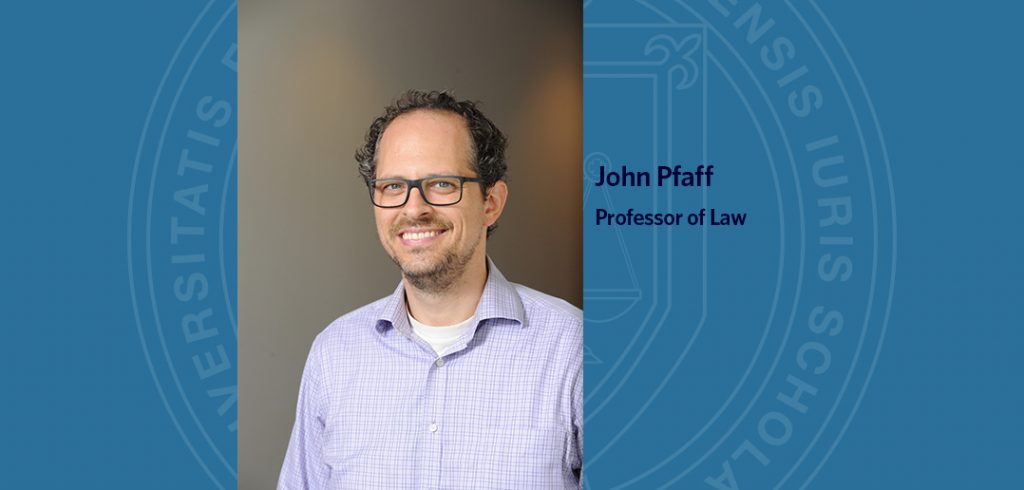Professor John Pfaff shares his expert opinion in a Politico article and discusses the barriers that prevent progressive judges from getting elected.
“We are seeing that when you elect [a progressive judge]like Krasner, then immediately the judiciary starts pushing back against him,” said John Pfaff, a professor of law at Fordham University who studies the role of prosecutorial discretion in driving high prison populations. “Historically speaking, judges seem to be fairly deferential to prosecutors … but that in some way reflects the fact that those judges were former prosecutors for the same office that was still asking for bail, and therefore had a fair amount in common ideologically. When you change who the D.A. is, it’s become clear that judges will resist.”
…
“I’m a law professor who takes voting for judges very, very seriously, and I struggle to learn anything about these judges beyond, at best, where they went to law school and what their job was before they became a judge,” said Pfaff, who noted that even local outlets don’t tend to publish detailed information on judicial candidates during busy during election cycles. “Even if you want to be a high-information voter, you can’t be, outside of sending emails to each individual judge to find out what they think.”
…
“Crime is really, really concentrated, and therefore the costs of both punishment and the cost of good or bad responses to crime are all born in very geographically dense places … and those places we see came to be the areas that most favor reform,” Pfaff said. “[People from these areas] understand that tough-on-crime [policy]doesn’t work well, because it’s their families that are being needlessly arrested and detained in harmful kinds of ways.”

